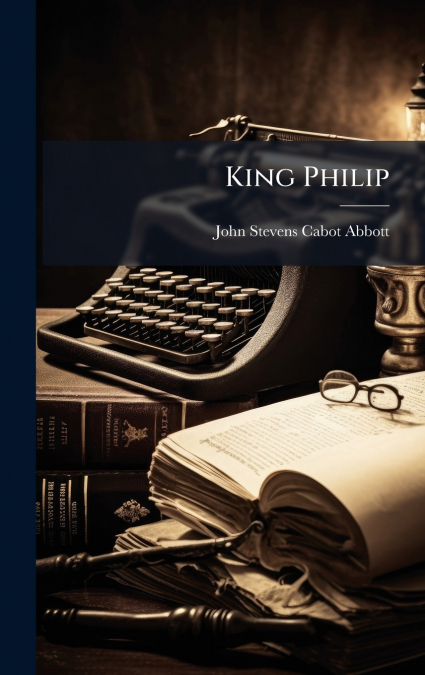
John Stevens Cabot Abbott
'King Philip' by John Stevens Cabot Abbott recounts the life and times of Metacomet, also known as King Philip, a pivotal figure in the tumultuous history of Colonial America. This compelling biography delves into the complex relations between Native Americans and English settlers during the 17th century, focusing on the events leading up to and including King Philip’s War. Abbott’s narrative provides a detailed portrayal of Metacomet’s leadership, motivations, and the challenges he faced as he sought to protect his people and their way of life from encroaching colonial expansion. The book explores the cultural clashes, political maneuverings, and military conflicts that defined this era, offering readers a nuanced understanding of the factors that fueled the devastating war. Through meticulous research and vivid storytelling, 'King Philip' offers valuable insights into a critical period in American history, shedding light on the perspectives of both Native Americans and colonists. It remains a significant contribution to the literature on early American history and Native American studies.This work has been selected by scholars as being culturally important, and is part of the knowledge base of civilization as we know it. This work was reproduced from the original artifact, and remains as true to the original work as possible. Therefore, you will see the original copyright references, library stamps (as most of these works have been housed in our most important libraries around the world), and other notations in the work.This work is in the public domain in the United States of America, and possibly other nations. Within the United States, you may freely copy and distribute this work, as no entity (individual or corporate) has a copyright on the body of the work.As a reproduction of a historical artifact, this work may contain missing or blurred pages, poor pictures, errant marks, etc. Scholars believe, and we concur, that this work is important enough to be preserved, reproduced, and made generally available to the public. We appreciate your support of the preservation process, and thank you for being an important part of keeping this knowledge alive and relevant.